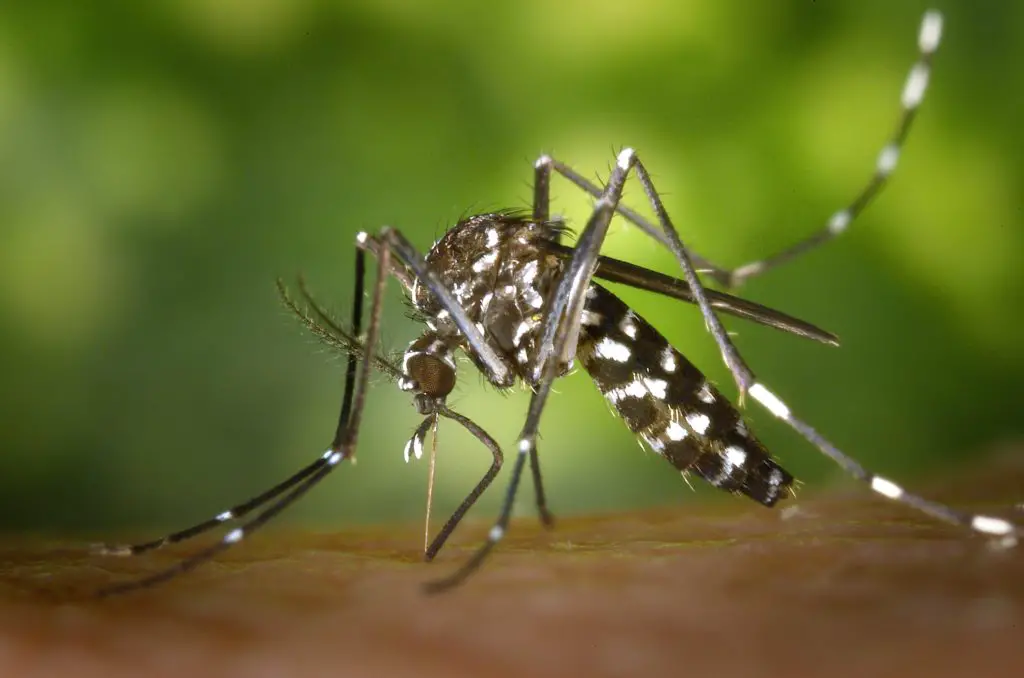Acromegaly is a condition in which there is too much growth hormone (GH) in the body.
What are the causes of Acromegaly?
Acromegaly is a rare condition. It is caused when the pituitary gland makes too much growth hormone. The pituitary gland is a small endocrine gland attached to the bottom of the brain. It controls, makes, and releases several hormones, including growth hormone.
Usually a noncancerous (benign) tumor of the pituitary gland releases too much growth hormone. In rare cases, pituitary tumors can be inherited.
In children, too much GH causes gigantism rather than acromegaly.
What are the symptoms of Acromegaly?
Symptoms of acromegaly may include any of the following:
- Body odour
- Blood in the stool
- Carpal tunnel syndrome
- Decreased muscle strength (weakness)
- Decreased peripheral vision
- Easy fatigue
- Excessive height (when excess GH production begins in childhood)
- Excessive sweating
- Headache
- Heart enlargement, which can cause fainting
- Hoarseness
- Jaw pain
- Joint pain, limited joint movement, swelling of the bony areas around a joint
- Large bones of the face, large jaw and tongue, widely spaced teeth
- Large feet (change in shoe size), large hands (change in ring or glove size)
- thickening of the skin, skin tags (growths), large glands in the skin (sebaceous glands) causing oily skin
- Sleep apnea
- Widened fingers or toes, with swelling, redness, and pain
Other symptoms that may occur with this disease:
- Colon polyps
- Excess hair growth in females (hirsutism)
- High blood pressure
- Type 2 diabetes
- Thyroid enlargement
- Weight gain
Which tests are done for Acromegaly?
The health care provider will perform a physical exam and ask about your symptoms.
The following tests may be ordered to confirm diagnosis of acromegaly and check for complications:
- Blood glucose
- Growth hormone and growth hormone suppression test
- Insulin-like growth factor 1 (IGF-1)
- Prolactin
- Spine x-ray
- MRI of the brain, including the pituitary gland
- Echocardiogram
- Colonoscopy
- Sleep study
Other tests may be ordered to check whether the rest of the pituitary gland is working normally.
What treatment options are available?
Surgery to remove the pituitary tumour that is causing this condition often corrects the abnormal GH. Sometimes, the tumour is too large to be removed completely and acromegaly is not cured. In this case, medicines and radiation (radiotherapy) may be used to treat acromegaly.
Some people with tumours that are too complicated to remove by surgery are treated with medicines instead of surgery. These medicines may block the production of GH from the pituitary gland or prevent the action of GH in other parts of the body.
After treatment, you will need to see your provider regularly to make sure that the pituitary gland is working normally and that acromegaly does not come back. Yearly evaluations are recommended.
What’s the prognosis?
Pituitary surgery is successful in most people, depending on the size of the tumor and the experience of the neurosurgeon with pituitary tumors.
Without treatment, the symptoms will get worse. Conditions such as high blood pressure, diabetes, and heart disease may result.
When to Contact a Medical Professional?
Call your provider if:
- You have symptoms of acromegaly
- Your symptoms do not improve with treatment
How to prevent Acromegaly?
Acromegaly cannot be prevented. Early treatment may prevent the disease from getting worse and help avoid complications.
Alternative Names
Somatotroph adenoma; Growth hormone excess; Growth hormone secreting pituitary adenoma; Pituitary giant (in childhood)
References
Katznelson L, Laws ER Jr, Melmed S, et al. Acromegaly: an endocrine society clinical practice guideline. J Clin Endocrinol Metab. 2014;99(11):3933-3951. PMID: 25356808 www.ncbi.nlm.nih.gov/pubmed/25356808.
Klein I. Endocrine disorders and cardiovascular disease. In: Mann DL, Zipes DP, Libby P, Bonow RO, Braunwald E, eds. Braunwald’s Heart Disease: A Textbook of Cardiovascular Medicine. 10th ed. Philadelphia, PA: Elsevier Saunders; 2015:chap 81.
Melmed S. Acromegaly. In: Jameson JL, De Groot LJ, de Kretser DM, et al, eds. Endocrinology: Adult and Pediatric. 7th ed. Philadelphia, PA: Elsevier Saunders; 2016:chap 12.









